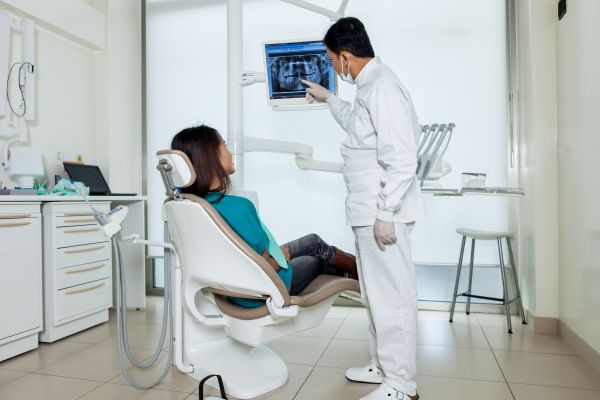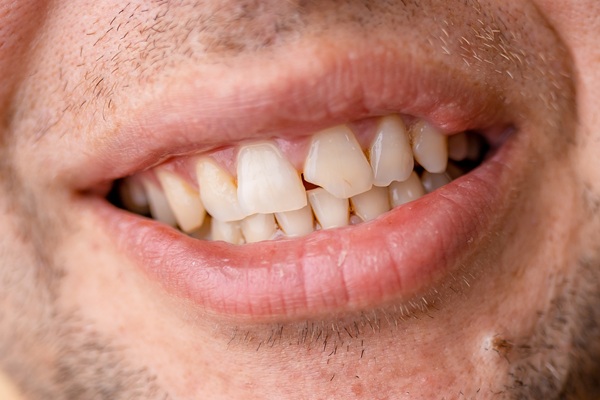5 Common Adult Dental Traumas

When a dental trauma to a tooth or teeth occurs the person you want is an endodontist, who a dental specialist trained in the treatment of injuries to a tooth or teeth. Listed below are the five adult dental traumas with which a specialist or general dentist is familiar.
Chipped Teeth
A chipped tooth is a minor dental trauma if it only affects the surface enamel, and there is no bleeding or displacement from the jaw. A chipped tooth can have sharp tooth edges that can irritate cheeks and tongue, which a filling of either amalgam or a composite resin bond can fix, along with a crown or perhaps some tooth contouring to re-shape the tooth and placement of a dental veneer onto the chipped tooth.
Fractured Teeth
It is a serious dental trauma when exposure of the enamel and the secondary layer (dentin) and the pulp under the dentin occurs. Expect serious pain, made calm with a prescribed sedative. The dentist will splint the fractured tooth by bonding it to teeth next to it to bring stabilization while the bone and gum tissue heal. There is the possibility of a root canal being necessary. If all is stable after two to four weeks, the splint is removable, and a filling or crown restores the tooth.
Dislodged Teeth
Such dental trauma may cause disorientation or concussion in a patient, so the patient should not drive self to get help. Keep tooth in its place; do not wiggle or think of pulling it out. Over-the-counter pain medication, such as ibuprofen and ice, will alleviate pain and keep swelling down until the dentist can splint the tooth back in place allowing for gum to heal and then align tooth again with other teeth or perform a root canal to prevent infection and an abscess.
Tooth Knocked Out
When a tooth comes loose from its socket, called avulsed tooth, carefully hold the crown of tooth and place in a glass of milk if possible. Milk allows for proper proteins to prevent the root surface of the tooth from swelling and bursting. If milk not available place the patient’s saliva in a cup and put the tooth in the same cup. If this is not possible, then store tooth in water — but the tooth needs to be moist until receiving care. If the tooth or bone in the mouth is not broken, it is possible the tooth can go back in place.
Tooth Root Fracture
A vertical root fracture is a crack at the root surface and extending to the crown, the chewing surface of a tooth. Unless the vertical fracture of the tooth is removable surgically, the usual treatment option is, unfortunately, extraction. A horizontal root fracture, discovered by X-rays, may heal naturally depending on the location of the horizontal fracture. Evaluation using X-rays at three-, six- and 12-month intervals up to five years afterward is best.
Request an appointment in our Lilburn office here: https://www.lilburnfamilydentistry.com.
Recent Posts
An emergency dentist is a particular type of dental professional who undergoes additional education and training to learn how to deal with urgent and emergency situations. While emergency dentists do learn how to provide general dentistry care, they also learn how to think and act on the spot when an emergency happens. In most cases,…
You need an emergency dentist if you have a broken tooth. Regardless of how severe the damage is, you should go to the emergency dental clinic and receive quick treatment for it. If the damage is in the level of your enamel, the dentist will address the pain first. Further treatments may follow. If the…
If you have started to notice signs of periodontitis, then you might be wondering if you need to see an emergency dentist. An emergency dentist can offer you immediate dental care to help you quickly preserve your smile. An emergency dentist can prevent any potential tooth loss as well. To understand more, it is important…
A dental emergency while traveling is an inconvenient nightmare. Imagine you have concluded a perfect vacation – probably a two-week stint in the tropics or travel documentary through Asia. You have planned every event and eager to set the sails for your adventure. But, one aspect you probably did not consider is the step you…


